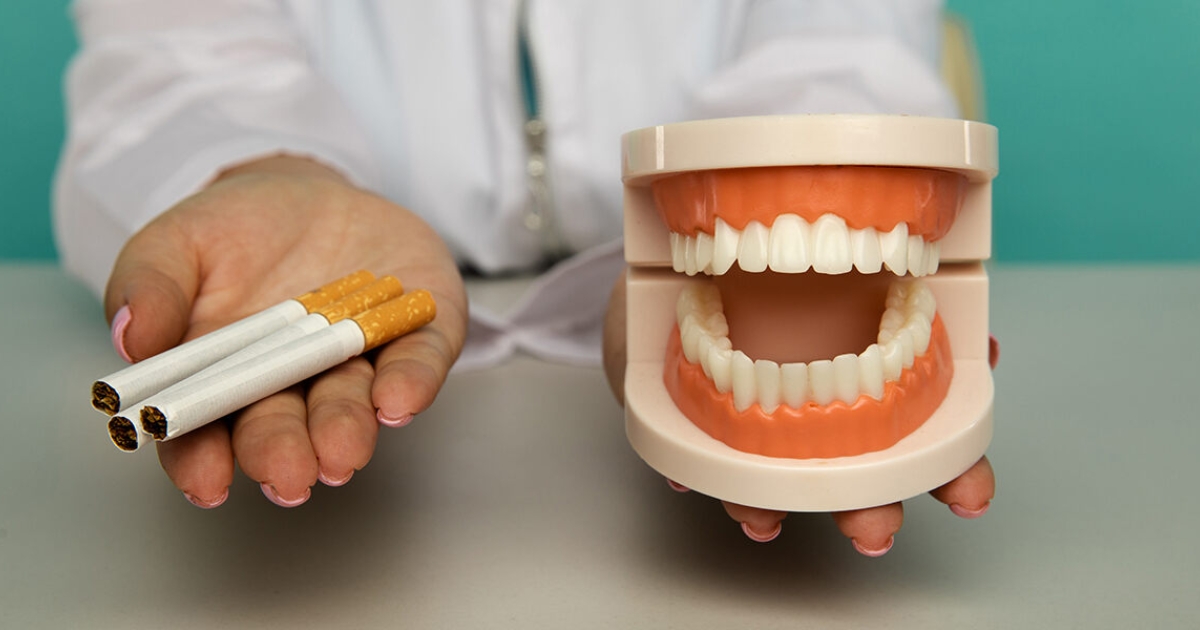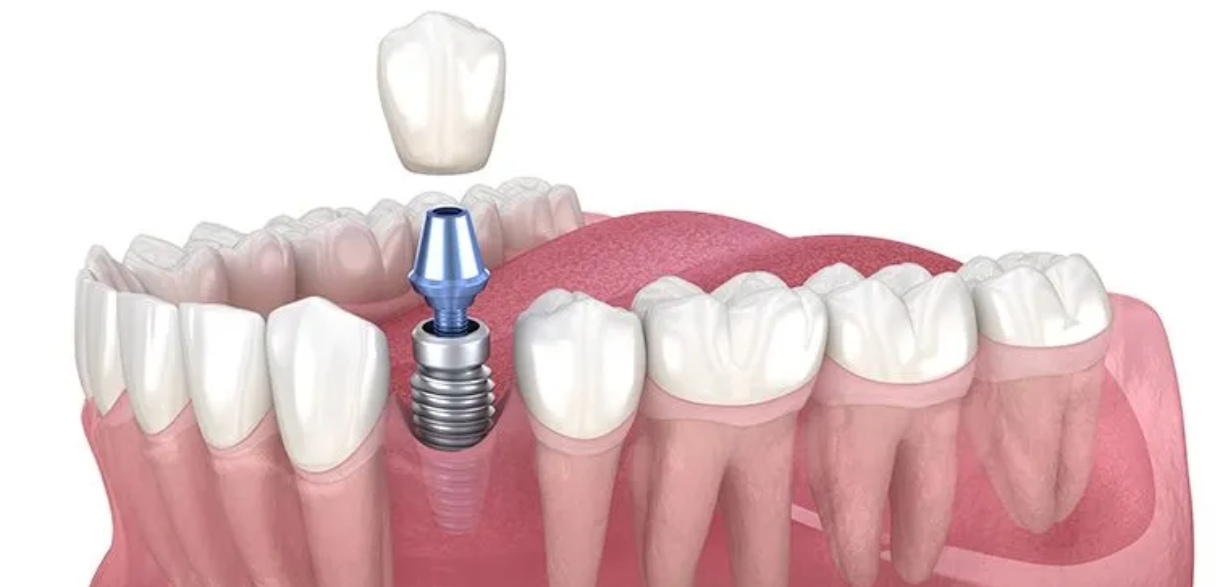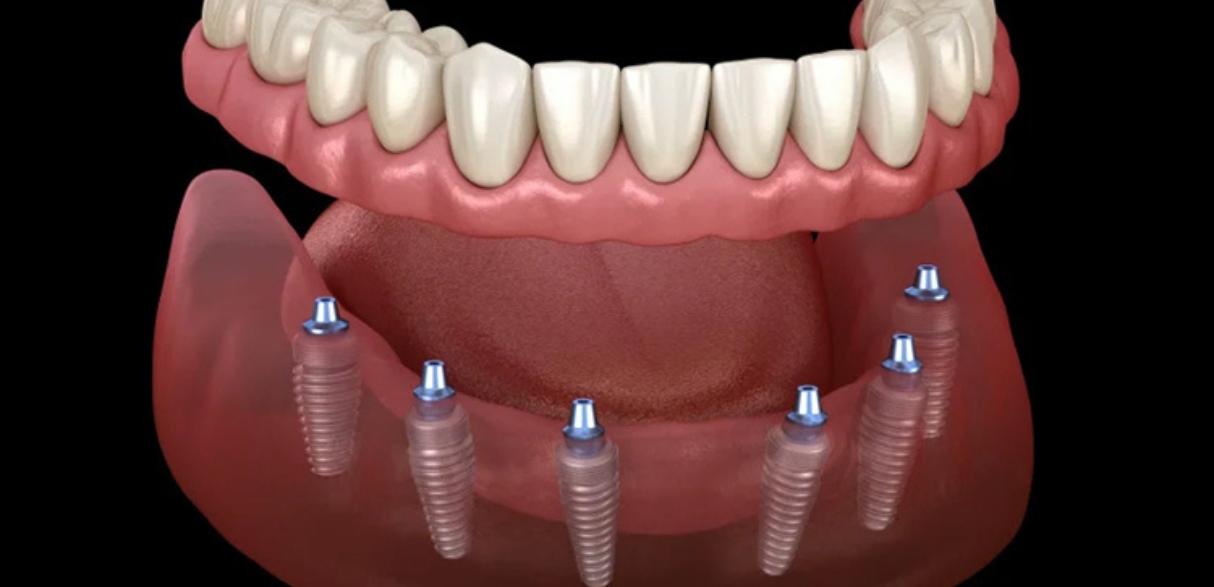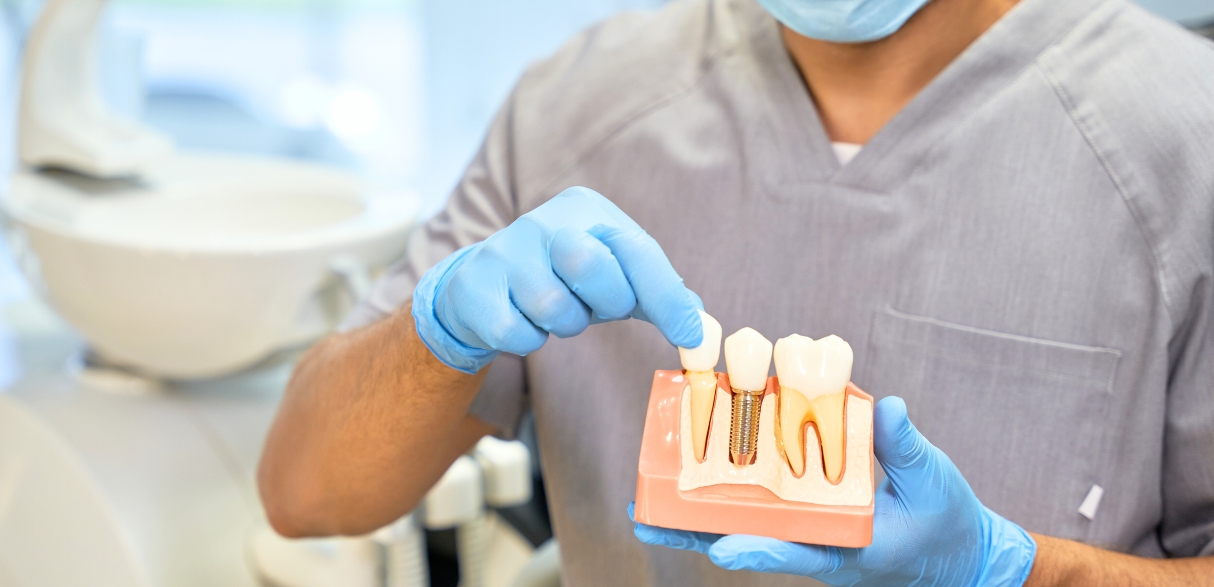
Getting dental implants can transform your smile and boost your confidence. They provide a long-lasting solution for missing teeth, restoring both function and aesthetics. But, as you plan your recovery, consider the impact of smoking. Many people underestimate how smoking can interfere with healing and the success of your dental implants.
If you’re a smoker or thinking about smoking after your procedure, it’s essential to understand the risks involved.
Smoking affects your body in numerous ways, especially when it comes to oral health. It can delay healing, increase the chance of complications, and even lead to implant failure.
You might wonder, “Is it worth the risk?”
In this blog, we’ll explore the harmful effects of smoking after getting dental implants, uncovering how it can jeopardize your investment in your smile. We’ll also provide practical tips and alternatives to help you navigate your choices.
Let’s dive in and discover how to ensure the best outcome for your dental implants while prioritizing your health!
Effects of Smoking on Healing
Smoking significantly impairs your body’s ability to heal, especially after dental implant surgery. The harmful chemicals in cigarettes reduce blood flow, which is crucial for recovery. When blood flow decreases, the delivery of oxygen and essential nutrients to the surgical site also diminishes. This impacts the healing process, making it slower and less effective.
- Blood Flow Reduction: Smoking narrows blood vessels, leading to reduced circulation in your gums. This lack of adequate blood supply hampers the body’s natural healing mechanisms.
- Specific Risks: Smokers face increased risks of complications like infection, delayed healing, and even implant failure. Studies have shown that smokers are twice as likely to experience complications compared to non-smokers.
- Statistics: Research indicates that smoking can increase the rate of implant failure by 15-20%. Understanding these statistics emphasizes the need for caution if you’re considering smoking after getting implants.
Ultimately, knowing how smoking affects healing can help you make informed choices about your dental health and recovery process.
Potential Complications from Smoking
Smoking can lead to several complications following dental implant surgery, affecting not just your recovery but also your overall oral health.
- Increased Infection Risk: Smokers are more prone to infections after surgery. The toxic substances in tobacco can suppress your immune system, making it harder for your body to fight off infections.
- Bone Integration Issues: Successful dental implants rely on the integration of the implant with the jawbone. Smoking can hinder this process, leading to inadequate bone support and potential implant failure.
- Long-term Oral Health Impacts: Beyond the immediate complications, long-term smoking can lead to gum disease, tooth decay, and a higher likelihood of needing additional dental work down the line.
Awareness of these potential complications can motivate smokers to reconsider their habits for a healthier, more successful dental implant experience.
Recommendations for Smokers Considering Implants
If you smoke and are considering dental implants, it’s crucial to think about quitting. Here are some effective recommendations to help you on this journey.
- Tips on Quitting: Gradually reduce your smoking before the procedure. Seek support from friends, family, or support groups to help you stay motivated. Consider setting a quit date to create a firm goal.
- Suggested Timeline: Aim to quit at least four to six weeks before your surgery. This timeline allows your body to start healing and increases the chances of successful integration of the implants.
- Health Benefits of Quitting: Quitting smoking not only improves your chances of a successful dental implant procedure but also enhances your overall health. It lowers your risk of heart disease, improves lung function, and boosts your immune system.
By taking these steps, you’ll position yourself for better oral health and a more successful dental implant experience.
Alternatives to Smoking
If you’re struggling with quitting smoking, consider exploring alternatives that can help you transition away from tobacco. These options can make a significant difference in your dental health and overall well-being.
- Nicotine Alternatives: Options like nicotine patches or gums can help manage cravings. They allow you to reduce your nicotine intake gradually while avoiding the harmful chemicals found in cigarettes.
- Vaping vs. Smoking: Vaping may seem like a safer alternative, but it still carries risks. While it lacks many harmful chemicals found in cigarettes, it can still affect your healing process. Discuss your vaping habits with your dentist for personalized advice.
- Consulting Healthcare Professionals: Always talk to your healthcare provider before making any changes to your smoking habits. They can provide tailored advice and support to help you quit successfully.
Choosing healthier alternatives can significantly impact your recovery and overall oral health after getting dental implants.
The Importance of Follow-Up Care
After getting dental implants, maintaining regular follow-up care becomes vital. This care ensures that your implants remain healthy and functional over time.
- Role of Regular Dental Check-ups: Schedule regular visits to your dentist to monitor the status of your implants. These appointments allow for early detection of any issues, ensuring prompt action if necessary.
- Discussing Smoking Habits: Be open with your dentist about your smoking habits. They can provide tailored recommendations based on your specific situation and help you understand how smoking affects your oral health.
- Maintaining Good Oral Hygiene: Along with follow-up care, maintaining good oral hygiene is crucial. Brush and floss regularly, and consider using an antibacterial mouthwash to support healing and long-term implant health.
Choosing to smoke after dental implant surgery can jeopardize your healing process and the long-term success of your implants. However, understanding the risks empowers you to make informed choices. Quitting smoking not only enhances your oral health but also leads to a healthier lifestyle. Consider seeking help to quit and explore alternatives. Your smile deserves the best care, so prioritize your dental health for a brighter, more confident future.






